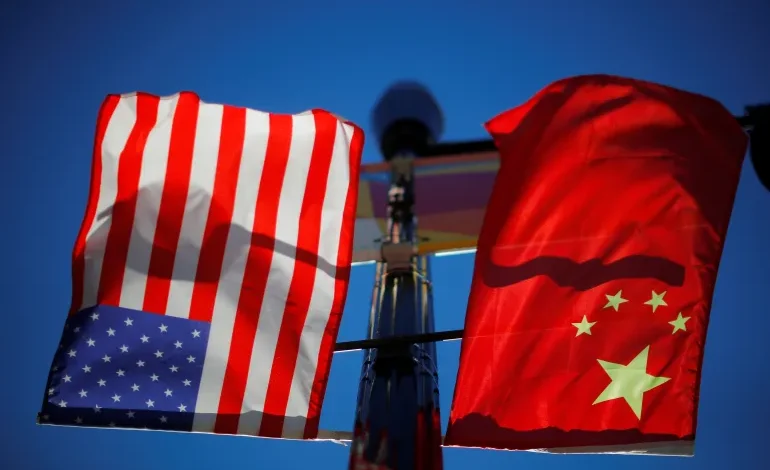Federal prosecutors have charged two Chinese nationals with smuggling a dangerous crop fungus into the United States, alleging that the pathogen could be used as an “agroterrorism weapon” with the potential to devastate U.S. agriculture and food security.
The U.S. Attorney’s Office for the Eastern District of Michigan on Tuesday unsealed the indictment against Jian Yunqing, 33, and Liu Zunyong, 34, both researchers from China. The pair face multiple charges, including smuggling, conspiracy, visa fraud, and making false statements to federal investigators.
According to the charges, Liu brought Fusarium graminearum, a toxic fungus responsible for head blight in crops such as wheat, barley, rice, and maize, into the country and intended to conduct research at the University of Michigan, where his girlfriend, Jian, was employed in a research lab.
Authorities warn that the fungus causes billions of dollars in global agricultural losses annually and poses health risks to humans and livestock — including vomiting, liver damage, and reproductive harm.
Liu was intercepted by U.S. Customs and Border Protection in Detroit in July 2024 with the fungus stashed in his backpack. He was subsequently deported to China after admitting to smuggling the material for academic research. However, federal investigators continued to examine the case and later arrested Jian, who is now facing trial in the U.S.
According to the Federal Bureau of Investigation (FBI), which led the probe alongside CBP, the case raises serious concerns about national security and possible foreign infiltration of American institutions. FBI agents say they recovered an article from Liu’s phone titled “Plant-Pathogen Warfare under Changing Climate Conditions”, and discovered messages suggesting both defendants knowingly participated in the smuggling scheme.
Jian, prosecutors allege, also received financial support from the Chinese government to conduct research on Fusarium graminearum while still in China — an arrangement now under heightened scrutiny.
“This kind of pathogen smuggling is not just a scientific breach; it’s a national security threat,” said FBI Director Kash Patel in a statement on X. “The Chinese government is working around the clock to deploy operatives and researchers to infiltrate American institutions and target our food supply, which would have grave consequences.”
The University of Michigan issued a brief statement following the charges:
“We condemn any actions that seek to cause harm, threaten national security, or undermine the university’s critical public mission.”
The Chinese Embassy in Washington, DC has not responded to requests for comment.
The incident comes amid increasing U.S. scrutiny of Chinese nationals working or studying in the country. Just last week, U.S. Secretary of State Marco Rubio announced that the government would begin aggressively revoking student visas of Chinese citizens suspected of links to the Chinese Communist Party (CCP).
While CCP membership is often associated with political loyalty, in practice it can also provide access to professional and educational advantages, making it common among students from elite Chinese backgrounds — including those studying abroad.
China’s Ministry of Foreign Affairs has vowed to “firmly safeguard the legitimate rights and interests” of its students overseas in response to the visa crackdown.
With no extradition treaty between the U.S. and China, it remains unlikely that Liu will be returned to face charges.
With input from Al Jazeera, The Associated Press.










The latest news in your social feeds
Subscribe to our social media platforms to stay tuned